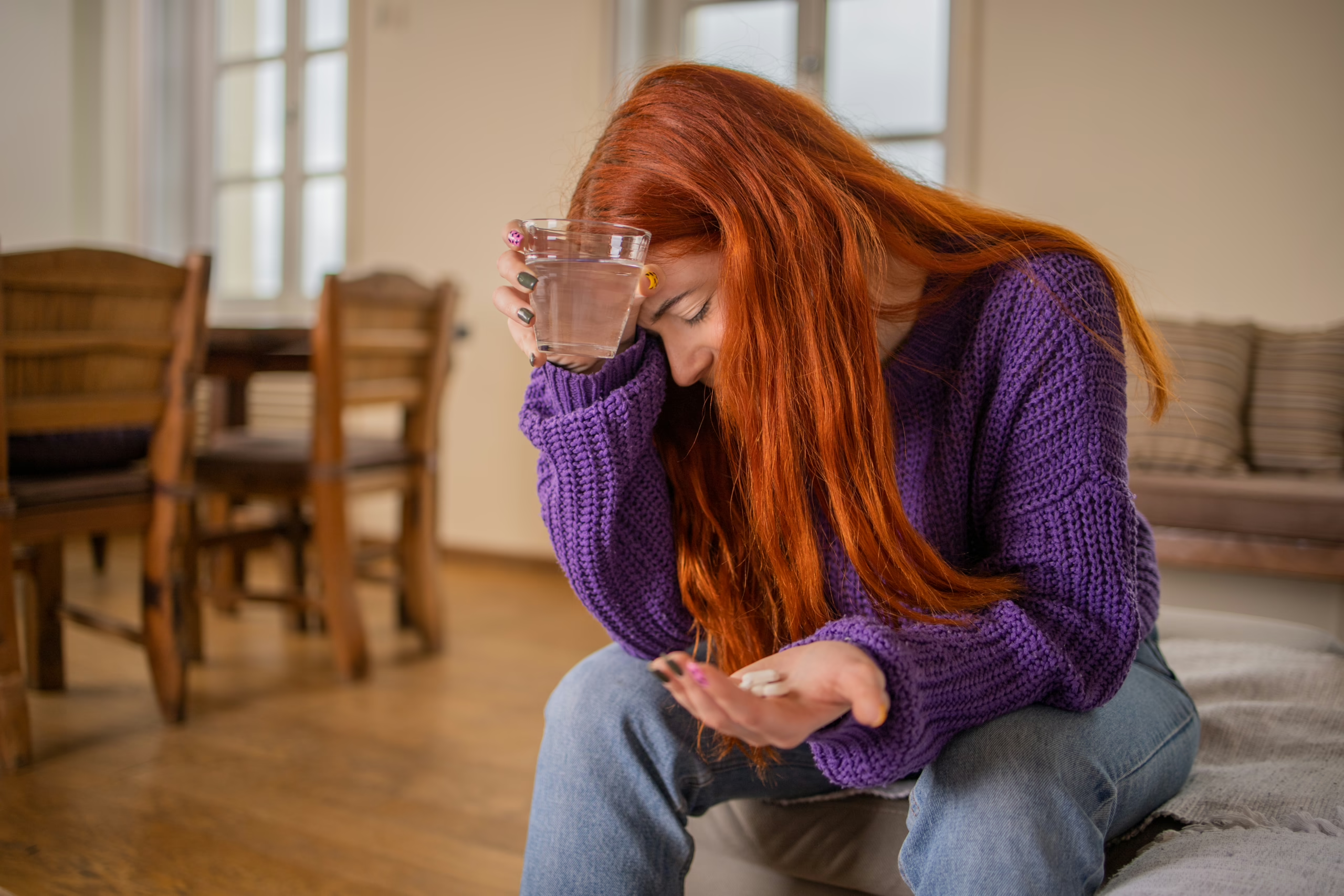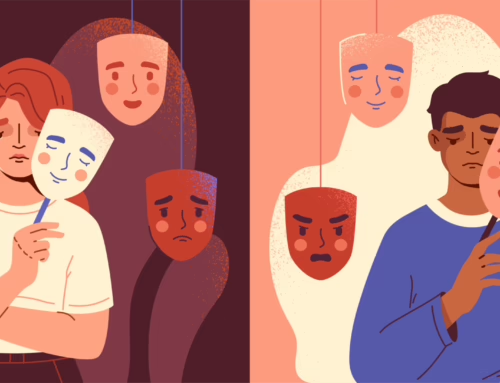The Hidden Dangers of Self-Medicating Anxiety
Living with anxiety can feel overwhelming. Racing thoughts, tightness in your chest, sleepless nights and constant worry can make even daily tasks feel unmanageable. In an effort to find relief, many people turn to substances like alcohol, marijuana or prescription drugs to numb the discomfort. This is known as self-medicating—and while it may seem to work in the moment, it often leads to more harm than healing.
At Tapestry, we understand how tempting it is to reach for whatever brings quick relief. But true recovery begins when you understand why self-medicating doesn’t actually solve the problem—and what healthier support looks like.
What Is Self-Medicating?
Self-medicating is when someone uses substances or behaviors—without professional guidance—to cope with emotional distress, such as anxiety. Instead of addressing the root cause, the person tries to dull or escape symptoms on their own.
Common ways people self-medicate anxiety include:
- Alcohol: Used to “take the edge off” or calm social anxiety
- Marijuana or edibles: Used to relax or sleep
- Prescription drugs (like Xanax or Adderall): Taken without a doctor’s oversight
- Overeating, restricting food or bingeing: Using food as a form of control or comfort
- Overworking or isolating: Avoiding emotions by staying constantly busy or withdrawn
While these methods might bring short-term relief, they often mask symptoms instead of healing them, and over time can make anxiety worse.
Why Self-Medicating Is Dangerous
What begins as an attempt to manage anxiety can quickly become a cycle of dependence or addiction. Here’s why self-medicating is risky:
1. You’re Not Addressing the Root Cause
Using substances doesn’t actually resolve anxiety—it just quiets it temporarily. The underlying fears, trauma or imbalances remain untreated, and often worsen over time.
2. Increased Risk of Addiction
Many substances used to self-medicate—especially alcohol, benzodiazepines, and cannabis—are habit-forming. The more often you use them to cope, the more your brain depends on them to function “normally.”
3. Rebound Anxiety
Ironically, many substances used to treat anxiety on your own can intensify it later. For example, alcohol may calm you at first but can lead to increased anxiety and mood swings as it leaves your system.
4. Dangerous Combinations
Mixing substances (like alcohol and prescription meds) without medical supervision can be dangerous or even fatal, especially when your tolerance changes or you’re unaware of interactions.
5. Delaying Real Help
Self-medicating can delay proper diagnosis and treatment, allowing the anxiety—and any co-occurring conditions like depression or trauma—to worsen.
Signs You Might Be Self-Medicating
It can be hard to recognize when coping crosses the line into self-medicating. Some signs include:
- You use a substance almost every day “to relax” or “to get through the day”
- You feel worse mentally or physically when you don’t use it
- You’ve increased the amount you’re using over time
- You feel like you can’t manage stress without it
- You’ve avoided seeking professional help, even though you know you’re struggling
If any of these sound familiar, know this: you’re not weak—you’re human. And there’s a better way.
A Healthier Approach to Anxiety
At Tapestry, we offer compassionate, evidence-based mental health treatment that helps you uncover the why behind your anxiety—and heal in a way that lasts.
Our treatment options include:
- Cognitive behavioral therapy (CBT) to reshape anxious thinking
- Holistic support, including mindfulness, yoga and nutrition
- Medication management, when appropriate and supervised by a psychiatrist
- Dual diagnosis care for those also managing substance use
We help you build real coping tools, process trauma safely and gain the confidence to manage anxiety without harmful substances.
You Don’t Have to Numb to Survive
Self-medicating anxiety doesn’t make you broken—it means you’re doing your best to feel okay with the tools you have. But there are healthier, more effective tools available—and you deserve to have access to them.
If you’re tired of just “getting by” and want to start feeling truly better, Tapestry is here to walk with you toward healing. Reach out today. You don’t have to carry this alone anymore.






